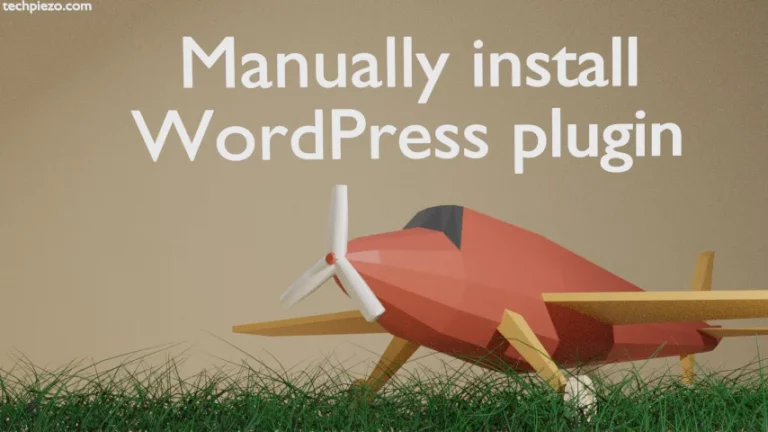If you have been planning to build your own website lately, with the help of a Content Management System. And, that Content Management System eventually turns out to be WordPress. Then, perhaps you have been confused which WordPress you should opt – WordPress.com or WordPress.org. Although, there are numerous differences between the two but we will discuss only the major ones. And, we hope the differences we cover below help you take an informed decision.
Major difference between wordpress.com and wordpress.org
Through wordpress.org, we can download WordPress application and install it on our choice of web server. And, after making changes to its configuration our website would be good to go.
On the contrary, through wordpress.com – we have to select a plan (either free or paid) for building our website. When we go for this option, we don’t have to worry about hosting, managing your own server etc. Also, automatic updates are taken care of by the wordpress.com itself.
Furthermore, if we go with free plan available then, we would get a wordpress.com sub-domain. With the paid option, we can have a domain name of our choice for a period of one year. WordPress may display its own ads if you subscribe to its free plan. With paid plans, we have the option to opt out.
The Business plans available on wordpress.com may make our life a bit easier, as we can install our own custom plugins, upload themes of our choice, unlimited storage space is provided, google analytics integration are some of the features offered. Apart from that, we can also get wordpress.com branding removed. However, all other additional features are available only in Business plans and that comes at a price. So, if you are seriously considering to build a website from a business perspective and have already made up your mind for wordpress.com. Then, Business plans is specifically designed for you.
On the other hand, if we download a software through wordpress.org. One of the benefit it we can customize WordPress as per our requirements. WordPress gives us ample freedom to make suitable changes in our installed configuration that includes control over advertising. With this version, we would have to pay for hosting our website and its domain name. Also, not all the themes and plugins are available for free. So, if needed, we have make a purchase for such plugins and themes.
In conclusion, after comparing both the platforms we can say it entirely depends on us. Make an informed choice. Requirements of every website publisher is different and that is the there are multiple options to choose from.

